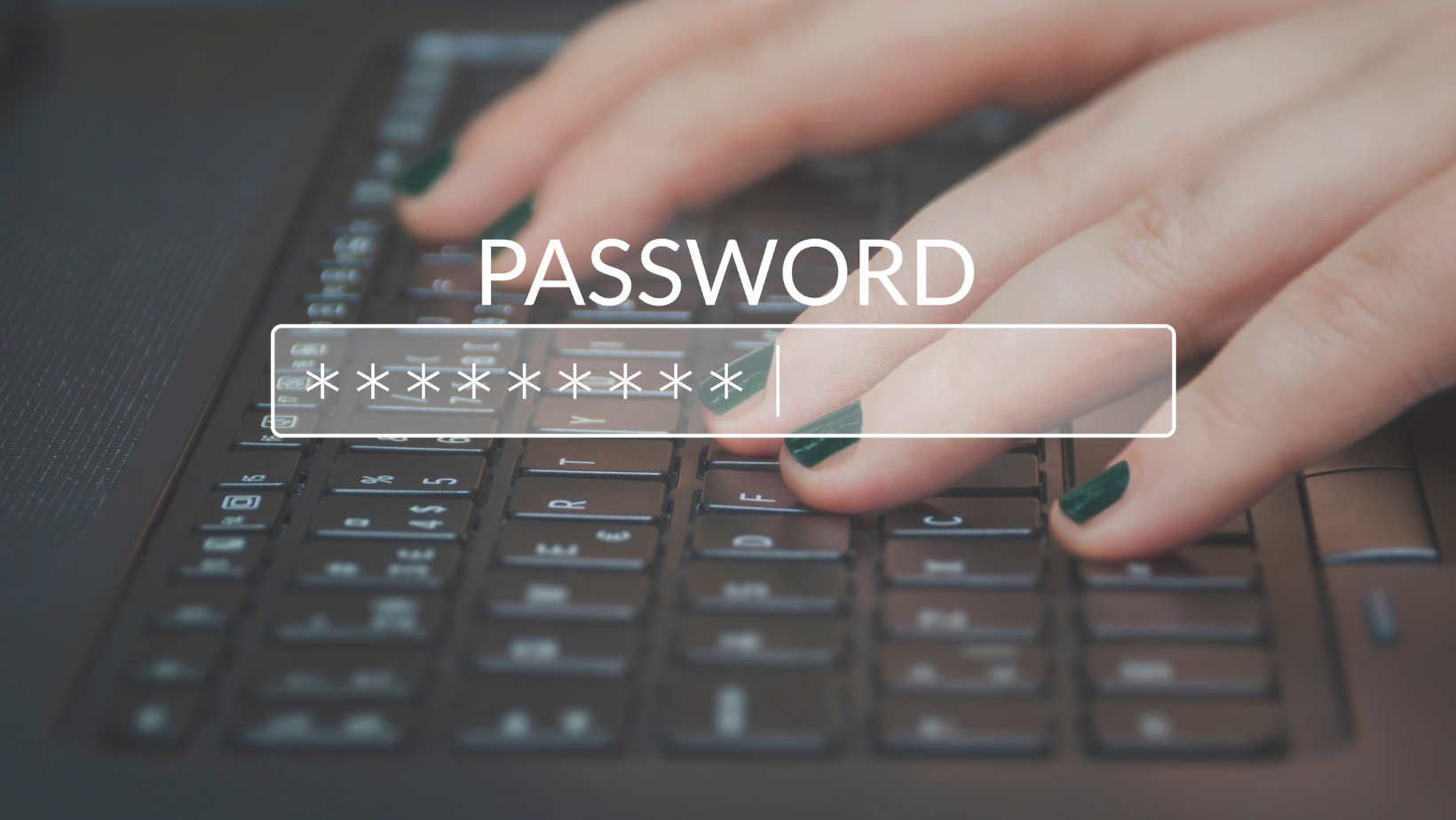As we continue to rocket into the age of full-digitalization, cyber-security has become more important than ever. During social distancing mandates, brands and companies rushed into the online space to keep afloat. Now, nearly every brand has invested in some form of e-commerce, but those benefits can also come with risks.
Most business professionals aren’t cyber-security experts, which is understandable, but that also means that cyber-security threats can often go overlooked—or flat out ignored. History, of course, tells us that this is a mistake. Cyber attacks can certainly hurt your brand and your revenue, but they can also hurt your customers and, certainly, they can put you out of business for good. Recall the attack on Sony’s PSN that stole the personal information of over 70 million users, or the attack on Marriott Hotels that went undetected for a long time, compromising over 300 million guests’ data and costing Marriott millions of dollars in fines.
Needless to say, cyber-security is important, but how do you even get started protecting your business against attacks? Here are a few key insights.
Ensure Your Software is Up-to-date
We all know the feeling. You sit down at your desk ready to get some work done and…updates. There go 10 wasted minutes, right?
It’s easy to think of updates this way, especially since they are inconvenient on a surface level, but updates are where important security patches are made. Despite the nearly countless hours that go into perfecting important software, nobody can foresee every possible security risk. This means that updates help keep your system as safe as possible, protecting against potential risks as they are discovered.
Not all updates are automatic, so if you’re not careful, you might have a few queued up already. Especially when updates include security patches, if you don’t update your software, you’re risking known security weaknesses that attackers can exploit in order to harm your business. Click that update button!
Back Your Data Up
No matter what, it’s always a good idea to have a back-up plan. Cyber-attacks come in all shapes and sizes, for a variety of different intentions. Some will lock up your data and ask for a ransom, others will simply attack your data and cause irreparable and expensive damage. Whatever the case might be, whether it is the malware or your own decision, you need to be able to bounce back from lost data.
That’s where backing data up comes into the picture. If you regularly back up your data, when something unfortunately does go south, you won’t be risking everything. No data loss is better than some data loss, but some data loss is much better than complete data loss. Backing up data can also be complicated and expensive if you aren’t careful, so put some serious consideration into it!
Pick a Better Password
Even the most sophisticated security systems have one gaping security risk: they have to let the right people in. This is more or less obvious, of course. The appropriate users need to be able to access the system and data more or less conveniently, but most security systems aren’t checking biometric data for entry. Most of them are asking you for your password.
This means that, potentially, the biggest risk to your system is you having a weak password. Realistically, this accounts for a significant number of security breaches, so it’s an expensive and irresponsible thing to trivialize. Good passwords don’t have to be impossible to remember, either. MyDataIs3000%Secure is already an unbelievably more secure password than any simple alpha-numeric choice. Be creative!
Train Your Team
Finally, not to call anybody a weak link, but training your team is paramount to cyber-security. Attacks are becoming more sophisticated, but so are security measures. This means that it tends to be much more difficult to technically breach a security system than it is to trick somebody on the inside into letting you in. Reading up on cyber-security and implementing airtight systems means little if your team isn’t trained as well.
Everybody on the team, especially with access to vulnerable information, needs to be properly briefed on cyber-security and common social-hacking attacks, like suspicious emails and phone calls. As with passwords, great security only means so much if attackers can just invite themselves in through the front door.
Cyber-security is no joke, and no blog post is going to be able to cover all of the important intricacies. How secure do you feel with your systems? Talk to a cyber-security expert!
Living Pono is dedicated to communicating business management concepts with Hawaiian values. Founded by Kevin May, an established and successful leader and mentor, Living Pono is your destination to learn about how to live your life righteously and how that can have positive effects in your career. If you have any questions, please leave a comment below or contact us here. Also, join our mailing list below, so you can be alerted when a new article is released.
Finally, consider following the Living Pono Podcast to listen to episodes about living righteously, business management concepts, and interviews with business leaders.

